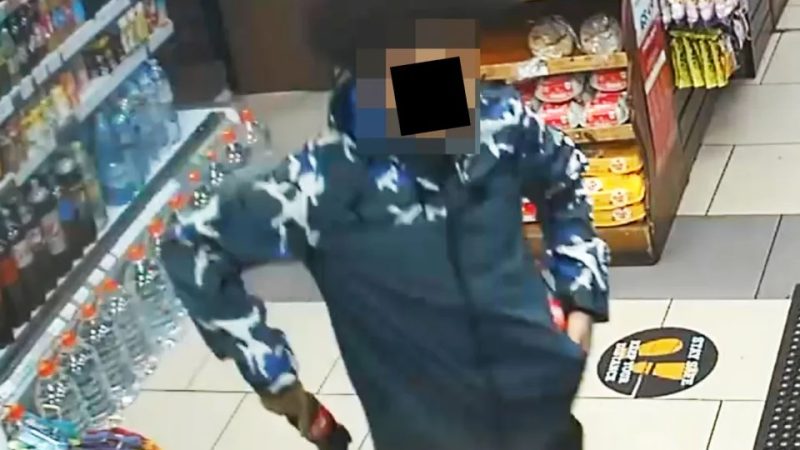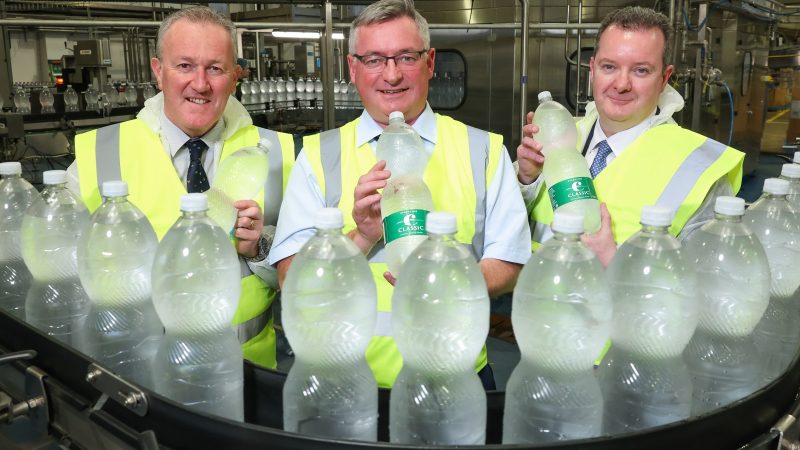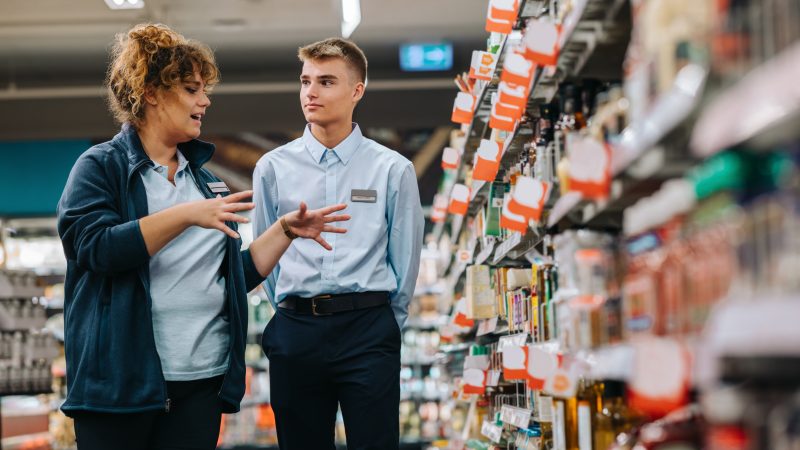Imperial Tobacco seeking to be king of value
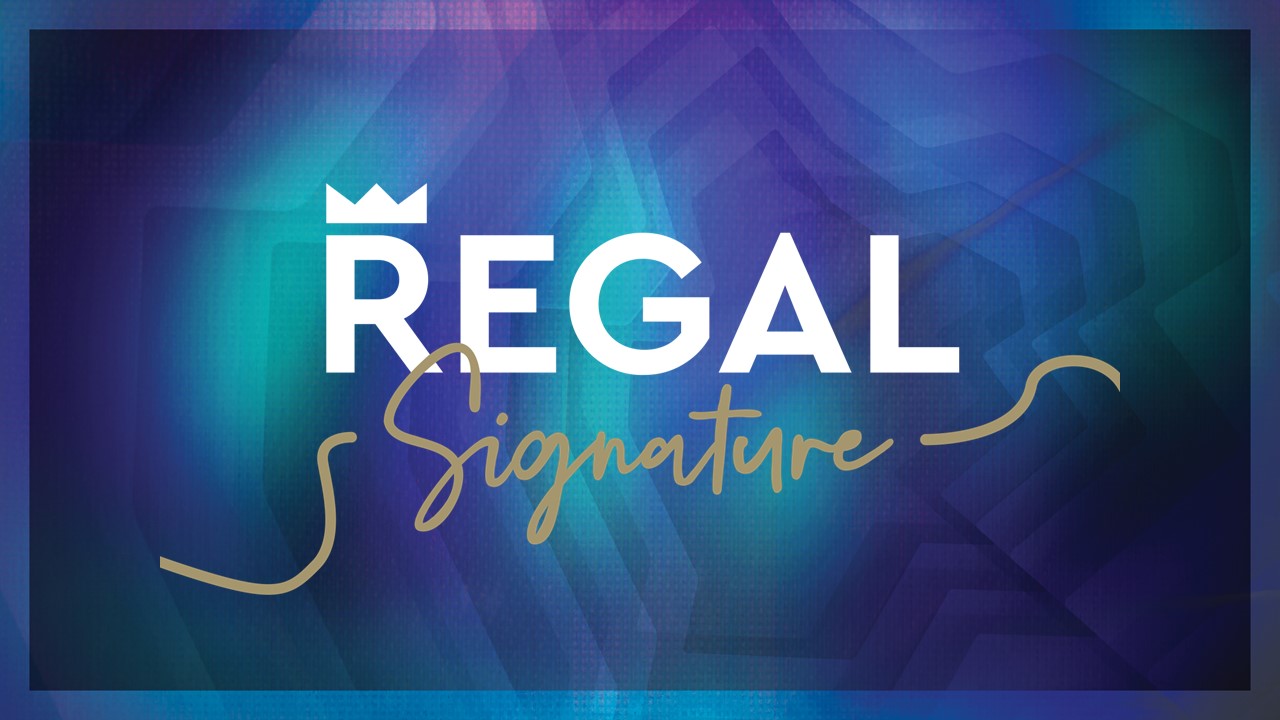
The Northern Ireland market is quite different from the rest of the UK, with two thirds of tobacco sales here in the FMC category. As Tom Gully, Head of Consumer Marketing UK&I at Imperial Tobacco tells NR, the future of the market is about driving value.
The UK tobacco market is currently worth £14 billion each year (before tax), and while currently in decline, remains a critical market for tobacco companies. Typically, in the UK it is a 50-50 split in Factory-Made Cigarettes (FMC) and Roll-Your-Own (RYO), however Northern Ireland bucks this trend, with a two-thirds to one-third split between FMC and rolling tobacco.
Tobacco products and particularly FMC have seen a significant upwards shift in price with tobacco duty increases each year also being used as a government incentive to discourage smoking.

Further pressures in the last 12 to 18 months on consumer finances has seen smokers searching for value products and as Tom Gully explains, they are seeing a shift towards the lower-priced propositions across their total range, whether that’s FMC or RYO.
“If you look at the brands in growth, it is typically the value or sub-economy ranges. So, we can see tobacco is critical as a market for us and very important, but as you’d expect with the cost-of-living crisis, consumers are moving down the pricing ladder,” said Tom.
“The key trend we’re seeing is consumers moving towards the lower-priced tiers, so in cigarettes 68% of sales are in value and economy-priced sectors, and in rolling tobacco that’s just over 50% of sales in the value and economy sectors.”
Tom added it was critical for retailers to have a good range across both of these sectors, particularly as they make up such a proportion of sales now in Northern Ireland, a trend they expect to continue.
“Some of the latest data that has come out, such as inflation coming down to 7.9% – that is a bit of a drop, but it’s still sitting at 7.9%. Everything is still going up but just not by quite as much,” said Tom.
“Consumers, not just across tobacco obviously, but multiple categories are looking to drive as much value out of those categories as possible. We see it as a continued trend, and we don’t expect it to dissipate any time soon.
“All of our future developments for tobacco are centred around driving value and how can we offer consumers value in anything that they’ve purchased.
“We’re listening and seeing the consumer demands and trying to accommodate them.”
RELAUNCHING REGAL BRAND
To this end, Imperial has recently relaunched the Regal brand in Northern Ireland, with its Regal Signature range, which sits in the sub-economy segment.
With an extremely strong presence and awareness in Northern Ireland, Imperial are very excited about its launch in Northern Ireland and expect it to do extremely well in the province.
“The standard range of it sells typically about eight times more on a per-pack basis than Scotland and the rest of the UK,” said Tom.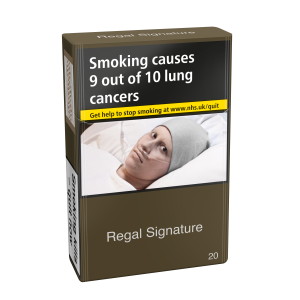
“Essentially, the motto for the brand is ‘everything’s premium except the price’. You have got a really premium Signature blend, you’ve got a premium packaging format, and we’re looking at future upgrades to further enhance the proposition.
“So, just because there’s a brand, such as Regal Signature that’s in sub-economy, doesn’t mean that we compromise on quality – actually the opposite is true. We are offering as many premium features as we can to capture those smokers.”
Inevitably, given the financial strain consumers are facing, they are seeking out cheaper products, ultimately leading to a rise in illicit trade. Indeed, 79% of smokers in Northern Ireland bought illicit tobacco in the last year – slightly higher than the UK average of 73%.
In contrast to this, just 13% actually reported the sale of illicit tobacco. “It’s a huge challenge within the category and the cost-of-living crisis, if we’re perfectly honest, rising tobacco taxes, are only making that worse,” said Tom.
“Consumers are also seeking cheaper products and that ultimately means that some of them can advertently or inadvertently purchase from illegal sources. You’ve got a high proportion of people purchasing and a very little proportion of people are reporting that, so we know that the cost-of-living crisis is impacting people’s purchasing habits and that’s why they’re choosing to buy what they see as cheaper, we see as illicit tobacco.
“It really is damaging the global industry, local retailers, and ultimately communities, which we don’t want to tolerate,” Tom added.
‘We’re listening and seeing the consumer demands and trying to accommodate them’
Inevitably, given the rapid rise in vaping, non-compliant vapes are quickly entering the market, with high puff counts and nicotine strengths. Imperial are assisting and reporting illegal activities and investigating wherever possible.
“We have got a suspicious activity reporting app, called SARA, which has been live for about six years. Since then, we’ve supplied 4000 of these which was ultimately shared with law enforcements.
“So, there are these seizures on the back of the reports that we submit through this app. We encourage traders and their staff to use the app. We also actively promote the app on social media and LinkedIn to really encourage customers to report any incidents where illicit trade might be an issue.
“We’re seeing this as an issue in the UK and Northern Ireland and the app is there to help facilitate retailers and our reps in reporting incidents. And they do lead to seizures. We’ve got a team internally that work on this and they share some of the fantastic work they do on the back of these reports.
“The main challenge that we have is that only 13% of people in Northern Ireland actually report illicit trade. The more people who report it, the more likely that it will lead to seizures.”
RAPID RISE IN VAPING
The vape market is valued at £2.7bn, a rise of around 17% year-on-year. This rise is expected to continue, projected to be worth £3.2bn in 2026 and £3.4bn in 2027. Indeed, some Northern Ireland retailers have reported up to a 400% growth in sales of vape products compared to 2022.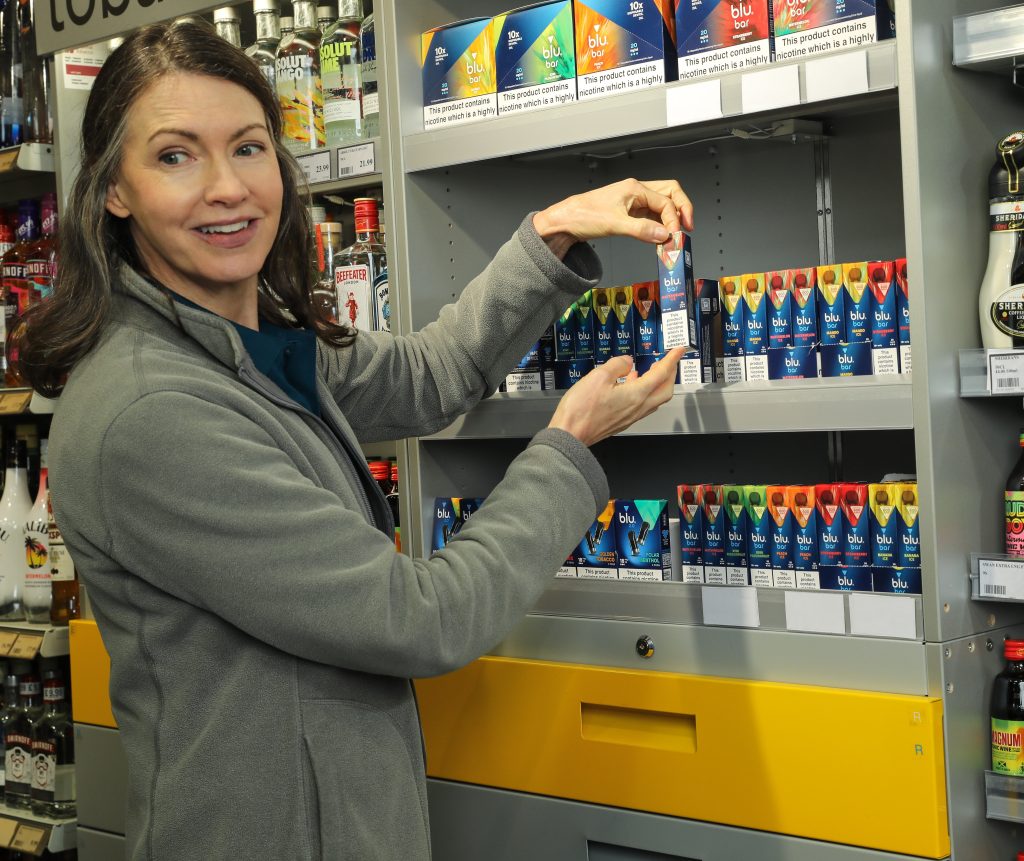
Looking at the sector pre-covid and post-covid, there was an accelerated rise post-covid, which Tom said they have a few hypotheses on.
“I think if you look at multiple industries post-covid, you’d see an impact, some have risen dramatically and others fallen off dramatically.
“Ultimately you had 3.7m consumers in 2021, now we’ve got 5m consumers that vape, largely driven by disposables and we expect that to continue to, not to the same levels of acceleration, but certainly continued growth, largely driven by disposables.
“There is nothing that we see in the data that shows the rise in vape products is causing a decline in traditional tobacco products. There has been a decline for many years with the exception of those covid years interestingly, but tobacco still has an extremely important role to play.
“We now have consumers diversifying and using multiple nicotine products as opposed to being very singular, ‘I am a smoker’ or ‘I am a vaper’ or’ I am a rolling tobacco user’. Quite often now consumers move between those categories, which wasn’t the case a few years back.
“I think the vaping industry will continue to grow, based on what we’ve seen. You may not have this astronomical rise, but it’s a continued trajectory and it’s continuing to grow, especially as consumers and smokers who maybe are only smokers start to move between the nicotine categories.”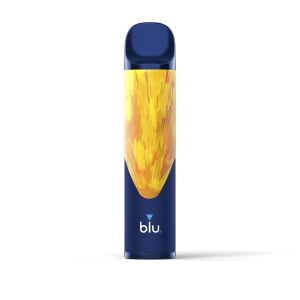
With the launch of its blu bar last year, Imperial is making its mark in the vaping sector, with 13 flavours and three new ones – mint ice, apple and tropical mix. All fully compliant, blu bars have been extensively tested from a manufacturing perspective, but also extensively tested by consumers and by Imperial’s own science and regulations team.
“We want to ensure that it meets not only the legal standards, but also our own internal standards, which are significantly higher,” added Tom.
The rise in disposable vapes has also seen a rise in the number of young people accessing vapes, with research showing illicit vapes are “widely available”.
A loophole which allows retailers to give free vapes to consumers under the age of 18 is set to be closed under plans by the government to curb their use among children.
Imperial has made clear its commitment to preventing youth access to vaping, calling for the government to establish a new retailer licensing scheme to improve compliance; review flavour naming conventions to limit youth appeal; and strengthen the regulations for online advertising and promotion.
All Imperial’s vape products are produced for and marketed at adults only and they take their responsibility as a manufacturer and distributor of vape products very seriously, said Tom.
“We are really passionate about our commitment to youth access prevention, and we adhere to not just the regulations, but we go above and beyond.
“You look at our product descriptions and all of our advertising, none of it is designed for or targeted at anyone under 18 years old.
“All of our products fulfil our highest quality standards, whether it’s design, manufacturing, distributing, we have tamper-proof packaging to prevent minors accessing it and we also have been pro-active in how we ensure the responsible sale of our products, online on our own store and through our third-party retailers.
“We’re 100% committed to being responsible in how we manufacture and sell vapes.”




